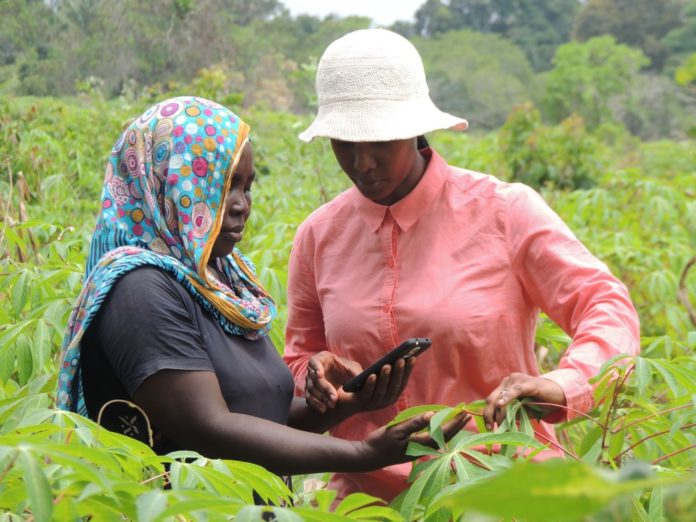Scientists at the Penn State have developed a mobile app that helps farmers and others diagnose crop diseases has earned recognition from one of the world’s tech giants.
PlantVillage, created by a group drove by David Hughes, relate teacher of entomology and science, was the subject of a keynote video displayed at Google’s TensorFlow Developer Summit 2018, held March 30 in Mountain View, California. The occasion united a differing blend of the machine taking in clients from around the globe for an entire day of specialized talks, shows, and discussion with the TensorFlow group and group.
Going to the summit from Penn State were PlantVillage colleagues Amanda Ramcharan, the postdoctoral individual in entomology, and Peter McCloskey, look into technologist in entomology.
PlantVillage and its versatile application — called “Nuru,” which is Swahili for “light” — utilizes counterfeit consciousness and machine figuring out how to prepare PCs to perceive infection manifestations. At the point when conveyed on a cell phone, the application couples with the gadget’s camera to catch pictures of ailing plants and furnishes the client with a preparatory finding with a high level of precision. The client additionally can get infection administration data and exhortation.
The program joins TensorFlow, open source programming for numerical calculation utilizing information stream charts. Initially created by Google’s Machine Intelligence investigate association to conduct machine learning and profound neural systems explore, TensorFlow is sufficiently general to be material in a wide assortment of different areas also, as per the TensorFlow site.
With partners at the International Institute of Tropical Agriculture, we’re deploying our app to help African farmers, who typically don’t have access to the kind of resources — such as land-grant agricultural scientists and extension specialists — that American farmers have,” Hughes said. “But they do have smartphones in increasing numbers.”
The Google video featuring PlantVillage focuses on the research group’s work in Tanzania, demonstrating how local farmers are using the app to diagnose disease in cassava, an important crop that helps to feed 500 million Africans every day, Hughes noted.
“In the last 160 years, we’ve largely solved the food security problem in the United States, and now we want to be a 21st-century land-grant institution,” he said. “We won’t do that with bricks and mortar and establishing extension offices in developing countries.”
With mobile devices as the platform, researchers can democratize access to artificial intelligence. Now a smallholder farmer can have access to the latest technology and human expertise in the palm of her hand. This is crucial for female farmers who do most of the farming in the developing world but face the most barriers to accessing technology and knowledge.”
Hughes added that the research team is looking to implement these technologies on a global scale to enhance food security and improve people’s livelihoods.
“Google’s spotlight on PlantVillage at the TensorFlow Summit is a testament to the difference we can make with the creative use of the right technology,” he said.
